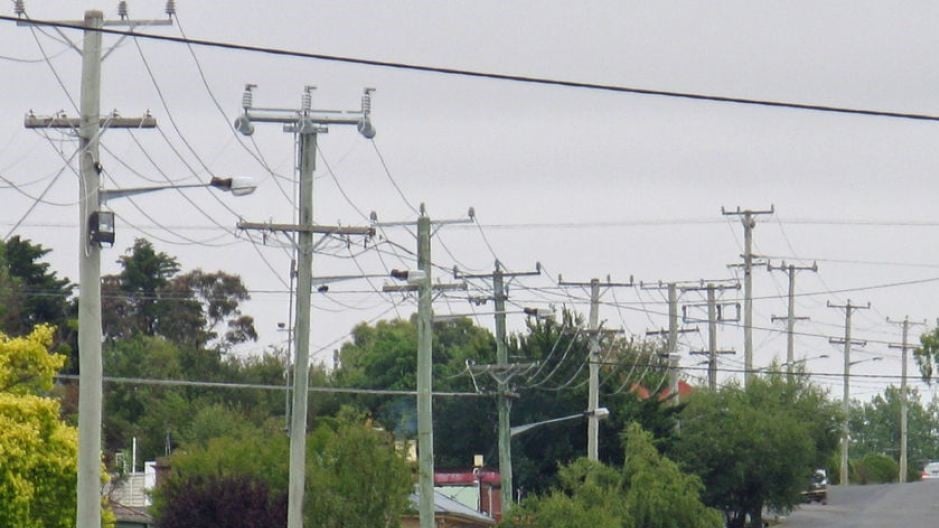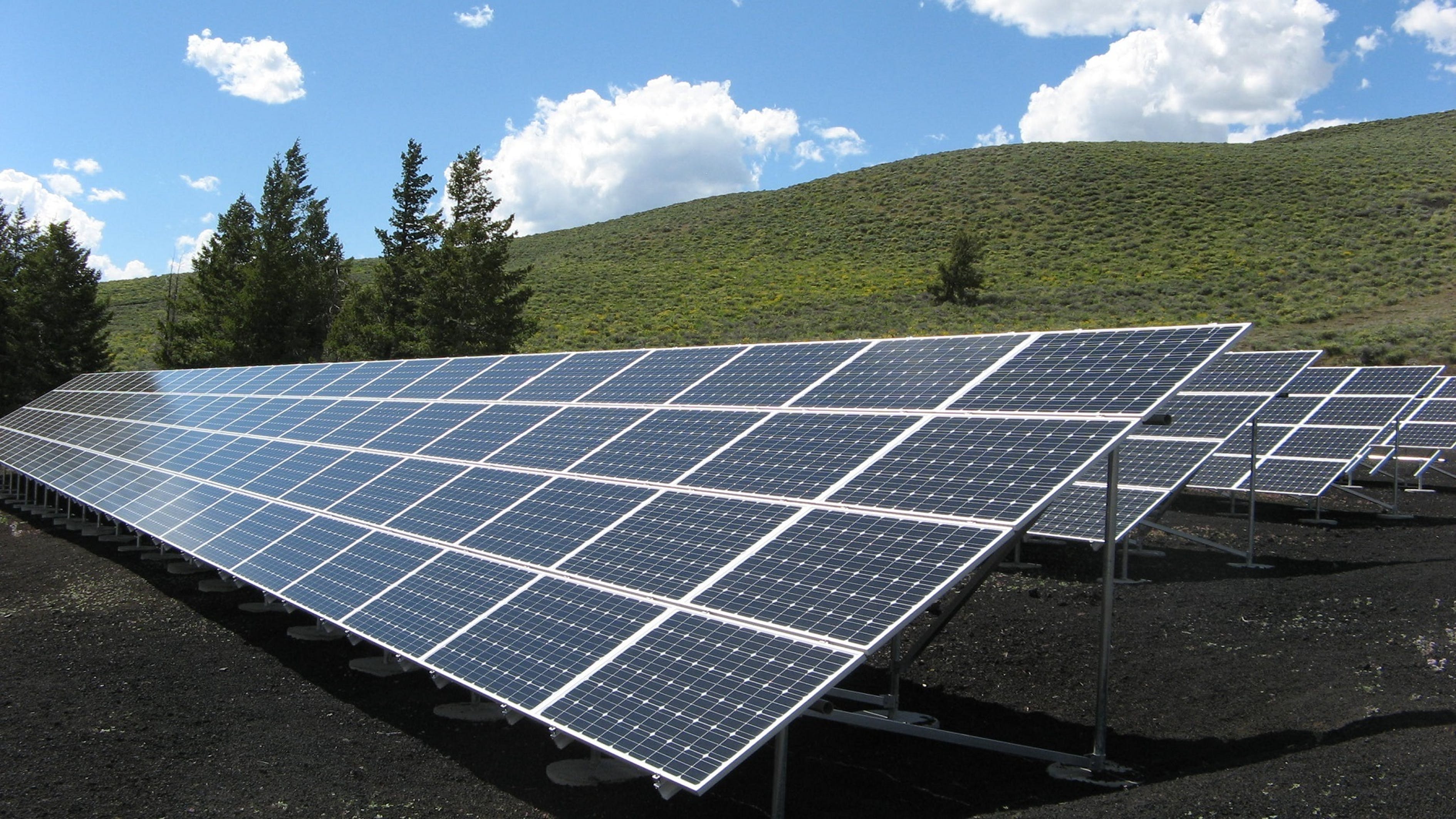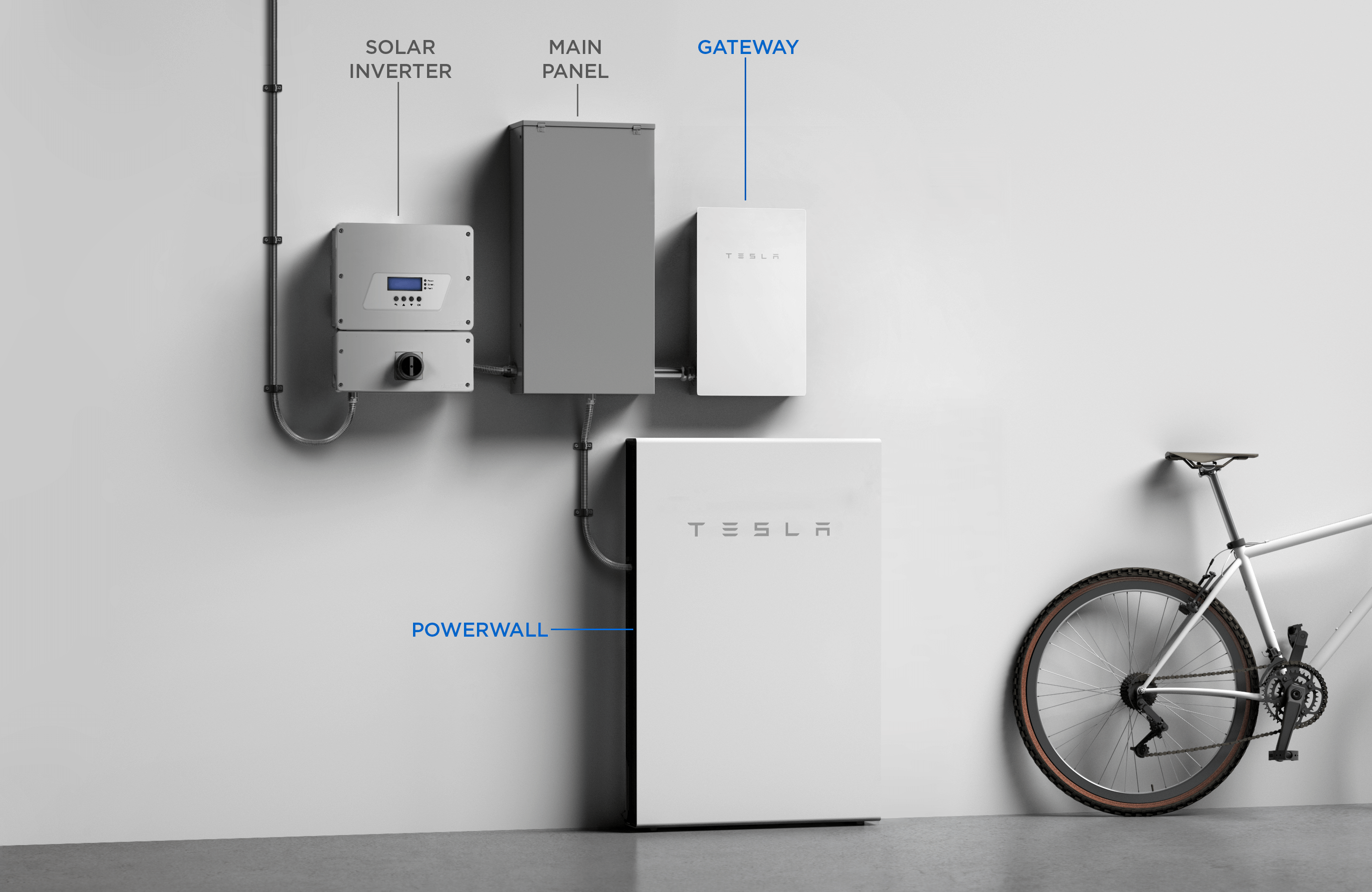Off-Grid or On? How to Choose the Right Solar Set-Up for Your New Modular Home
These days, more and more households are choosing to install solar panels to provide their homes with a renewable and clean energy source. Adding solar panels to your new home gives you the double benefit of reducing your power bills and minimising your environmental footprint, and with the various government rebates available over the past few years, many homeowners have jumped at the chance to go solar.
In the majority of homes, once the solar panels are installed, they are connected back into the grid – however, recently there has been plenty of discussion and a gradual movement towards the potential benefits of going ‘off-grid’ and being energy independent.
If you’re considering solar electricity for your new modular home, you may be wondering if going off-grid is a viable option – or whether a grid connect set-up is a better choice. To help you decide, in this article we’ll provide an overview of the difference between the two, as well as the pros and cons of each, so you can choose the best option for your new home.
Solar power explained
Throughout the day solar panels collect the sun’s energy, which generates DC electricity. This is fed through to a solar inverter and is converted into the 240V AC electricity that can be used to power the lighting, heating, cooling and electrical appliances in your home.
Most solar panels are installed on the roof, but if this is not possible they may also be placed on another building such as a shed, or even installed on the ground. If you are considering solar power now or in the future, it’s a good idea to discuss this with your builder as part of your design brief, so that your home can be ideally orientated and designed to maximise solar gains. Although at Anchor Homes we don’t offer solar options directly, we will work with your preferred provider to ensure the best outcome.
Off-grid vs. grid connect
With a grid connect system, if the electricity produced exceeds what is needed to power the home, the surplus energy is fed back into the grid. There is generally a meter installed to measure how much energy goes back into the grid, and (depending on your electricity retailer) you will receive a credit on your bill. If at any time your panels are not producing the energy needed to power your home, your electricity will come through from the grid, and you will be charged for what you use.
When your solar set-up is off-grid, it is basically an independent power station, which is able to collect and store the surplus energy from the sun so you can use it when your panels are not generating electricity. To achieve this you’ll need a specially designed system that includes batteries to hold the electricity and a charge controller to keep the batteries charged and enable them to discharge as needed.

Pros of grid connect:
- reasonably low installation, set-up and maintenance costs
- reduces your power bills and lowers your environmental footprint
- increases the value of your home
- you have access to power via the grid when you need it.
Cons of grid connect:
- you pay to stay connected to the grid and for the electricity that you use
- if there is a blackout or an outage, you lose power until it is restored.
Pros of going off-grid:
- you’ll gain complete energy independence
- you won’t lose power in blackouts
- significantly reduces your environmental impact
- you won’t need to pay power bills
- the value of your property is increased
- in some locations, it will cost you less than connecting to the grid.
Cons of going off-grid:
- high set-up and ongoing maintenance costs
- you’ll need a suitable large space to house your batteries and system.
Why go off-grid?
In some remote locations, connecting to the grid can come at an extremely high cost – or it may not be possible at all. In cases where connecting to the grid will cost tens of thousands of dollars, an off-grid system could be a better option. It may also be considered if your existing power supply is unreliable and regular black-outs are a concern.
As mentioned above, energy independence and a reduced environmental footprint are also key drivers, as well as the benefit of no more power bills to pay. However, it’s important to be aware that as it stands today, an off-grid system is generally not the most economical option. As an example, if a house was connected to the grid and using 5kWh of power each day, their annual electricity charges may be somewhere around $500, plus supply charges. On the other hand, to install an off-grid system sized to collect and discharge 5kWh per day, the cost could be around $30,000. On top of this, you’ll also need to factor in the cost of replacing solar batteries as needed.
Alternatives to consider
If you wish to go off-grid due to any of the concerns mentioned, but it is not economically viable for you right now, there are some alternatives you may consider in either the short or long term.
You could connect to the grid now, then potentially switch to off-grid as the technology progresses and the systems become more affordable. Another option is to take a hybrid approach and stay connected to the grid but also include a battery storage component that will provide a limited amount of additional electricity to your home when it’s needed. In addition, if power outages are the major issue, you could consider purchasing a generator to use as a backup.
Solar is a great option and can be tailored to suit
Installing solar panels on your new modular home can be a great option, whether you opt to grid connect or go off-grid. The best choice will depend on your location, priorities and financial situation, and your builder can provide advice on how you can best design your new home to accommodate your chosen set-up. You may also be eligible for a rebate or interest-free loan to help with the cost of your system, so be sure to check your relevant state government website for the latest information.
Over to You
Do you have a question about installing a grid connect or off-grid solar power system on your new modular home? We’d love to hear from you! Simply post a comment below or get in touch with our team on 03 5145 7110.


